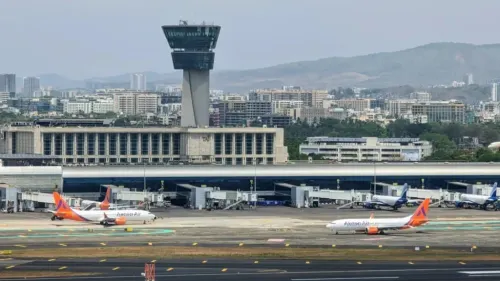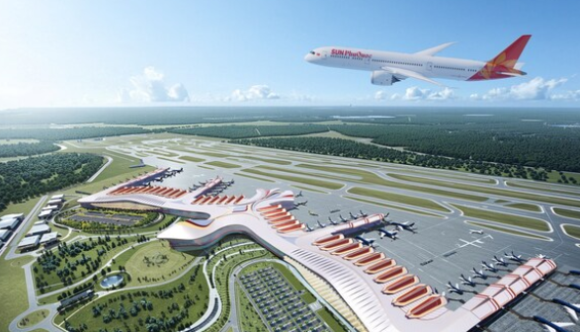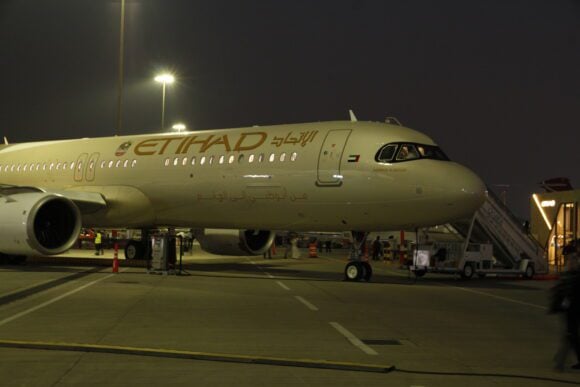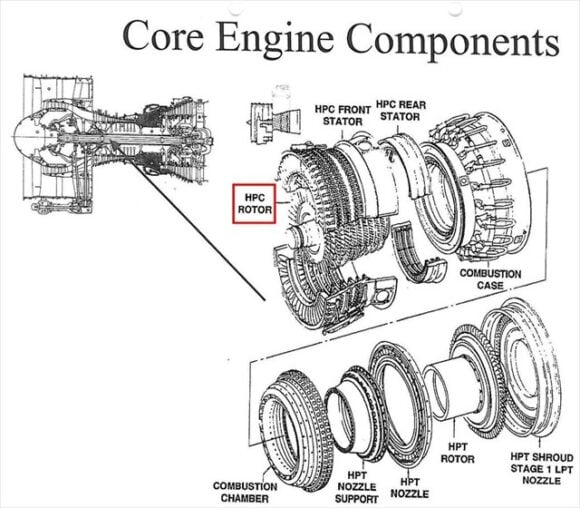
busy india airport
With more Indians taking to the skies, the country’s airport sector is booming — and the regulator is moving to define clear customer-service standards and link them directly to airport tariffs.
The Airports Economic Regulatory Authority (AERA), which oversees India’s major airports, has issued a consultation paper that ends the era of free rein for airport operators.
“Performance standards will be linked to airport tariffs through a balanced framework that incorporates both rebates for non-compliance and incentives for exceeding benchmarks,” the paper notes.
Private airports typically levy charges on passenger tickets in addition to revenues from airlines and other service providers. While service standards have been discussed since the landmark privatisation of Delhi and Mumbai airports in 2005 and the subsequent greenfield projects at Bengaluru and Hyderabad, the regulator has so far shied away from penalising poor service.
That is set to change. AERA now proposes a formula to monitor airport performance every month, adjusting user development fees and landing and parking charges depending on whether airports meet or miss agreed benchmarks.
The parameters are divided into two categories: objective and subjective. Objective measures cover 32 indicators, such as security check-in time, baggage delivery speed, availability of baggage trolleys, and seating inside the terminal. Subjective indicators include cleanliness and the overall ambience of the terminal.
“Airport services are characterised by natural monopoly or limited competition, wherein users have limited options on service providers. In such an environment, the role of the regulator extends beyond tariff determination to ensuring that services are delivered efficiently, transparently, and to a standard that meets both operational and user expectations,” the AERA paper says.
Most of India’s passenger traffic now flows through private airports led by conglomerates such as Adani Airports, GMR Airports, and Fairfax-led Bengaluru International Airport, along with the upcoming Swiss Airports–led Noida International Airport. The Airports Authority of India (AAI) continues to operate facilities in Chennai, Kolkata, and several smaller cities. While some AAI-run airports are well maintained, many on social media often feel others lag, and AERA’s mandate does not extend to them.
This is where the Ministry of Civil Aviation, led by Ram Mohan Naidu, should ideally step in. Expanding audits, reviews, and tariff-linked service monitoring to AAI-operated airports could lift service quality nationwide.
“To achieve the target of 2047 Viksit Bharat, aviation is a very important sector. We are seeing that the biggest growth sector in the country is civil aviation. Nobody is growing like India is growing in civil aviation,” Naidu said recently. “We want to strengthen the states in civil aviation. In the coming days, we will give complete support to the states. Our aim is to build 350 airports by the year 2047.”
While this ambitious push includes regional connectivity, seaplane services, and the introduction of electric vertical take-off and landing (eVTOL) aircraft, service quality remains central to ensuring that passengers have a seamless and comfortable journey.
The timing of the AERA consultation paper is significant. It comes just months after a parliamentary panel accused the regulator of acting as a “rubber stamp” for airport developers. The panel argued that AERA’s tariff-setting powers have been weakened by delays, inconsistent methodologies, and political interference—burdens that raise airline costs and, ultimately, passenger fares. It also highlighted the lack of effective monitoring, noting that despite collecting substantial development fees, airports continue to face congestion, inadequate facilities, and lengthy queues.
“The Airports Economic Regulatory Authority was envisioned as a counterbalance to monopolistic tendencies,” the panel said. “Instead, it has become a bystander in a sector where economic fairness is as critical as safety.”
For AERA, this may now be a pivotal moment—to redeem itself in the eyes of Parliament and to win back the trust of India’s rapidly expanding base of air travellers.
Views: 130
About The Author
Take AirInsight for a Test Flight
7 days full access — premium analysis and the complete data model library — for $1. No commitment.
Start My Test Flight → {
"@context": "https://schema.org",
"@type": "WebPage",
"name": "AirInsight in the Media",
"description": "A curated list of media citations where AirInsight insights are used."
}
{
"@context": "https://schema.org",
"@type": "WebPage",
"name": "AirInsight in the Media",
"description": "A curated list of media citations where AirInsight insights are used."
}


